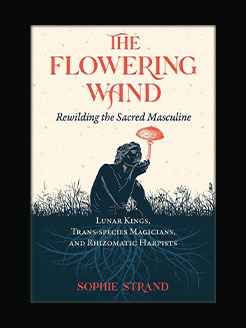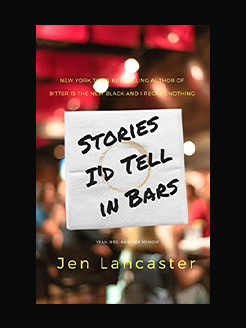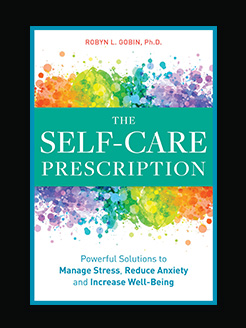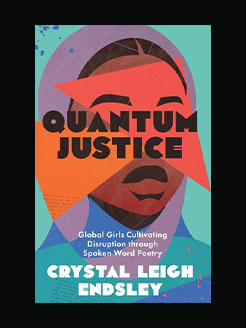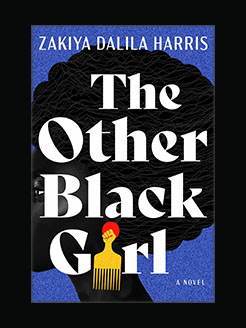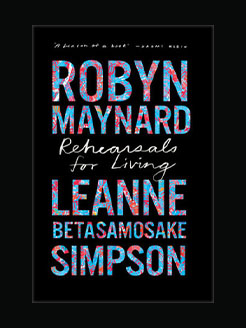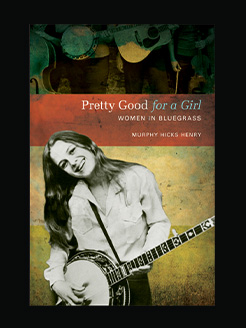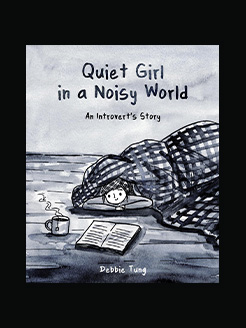Published in 2022
272 pages
Kim Althea Gordon is an American musician, vocalist, and artist. She sings, plays bass and guitar in the alternative rock band Sonic Youth. She also plays in the band Free Kitten with Julie Cafritz (of Pussy Galore), and she has collaborated with musicians such as Ikue Mori, Kurt Cobain, DJ Olive, William Winant, Lydia Lunch, Alan Licht, and Chris Corsano.
What is this book about?
Edited by iconic musician Kim Gordon and esteemed writer Sinéad Gleeson, this powerful collection of award-winning female creators shares their writing about the female artists that matter most to them.
This book is for and about the women who kicked in doors, as pioneers of their craft or making politics central to their sound: those who offer a new way of thinking about the vast spectrum of women in music.
This Woman’s Work: Essays on Music is edited by iconic musician Kim Gordon and esteemed writer Sinéad Gleeson and features an array of talented contributors, including: Anne Enright, Fatima Bhutto, Jenn Pelly, Rachel Kushner, Juliana Huxtable, Leslie Jamison, Liz Pelly, Maggie Nelson, Margo Jefferson, Megan Jasper, Ottessa Moshfegh, Simone White, Yiyun Li, and Zakia Sewell.
In this radical departure from the historic narrative of music and music writing being written by men, for men, This Woman’s Work challenges the male dominance and sexism that have been hard-coded in the canons of music, literature, and film and has forced women to fight pigeon-holing or being side-lined by carving out their own space. Women have to speak up, to shout louder to tell their story—like the auteurs and ground-breakers featured in this collection, including: Anne Enright on Laurie Anderson; Megan Jasper on her ground-breaking work with Sub Pop; Margo Jefferson on Bud Powell and Ella Fitzgerald; and Fatima Bhutto on music and dictatorship.
This Woman’s Work also features writing on the experimentalists, women who blended music and activism, the genre-breakers, the vocal auteurs; stories of lost homelands and friends; of propaganda and dictatorships, the women of folk and country, the racialized tropes of jazz, the music of Trap and Carriacou; of mixtapes and violin lessons.
